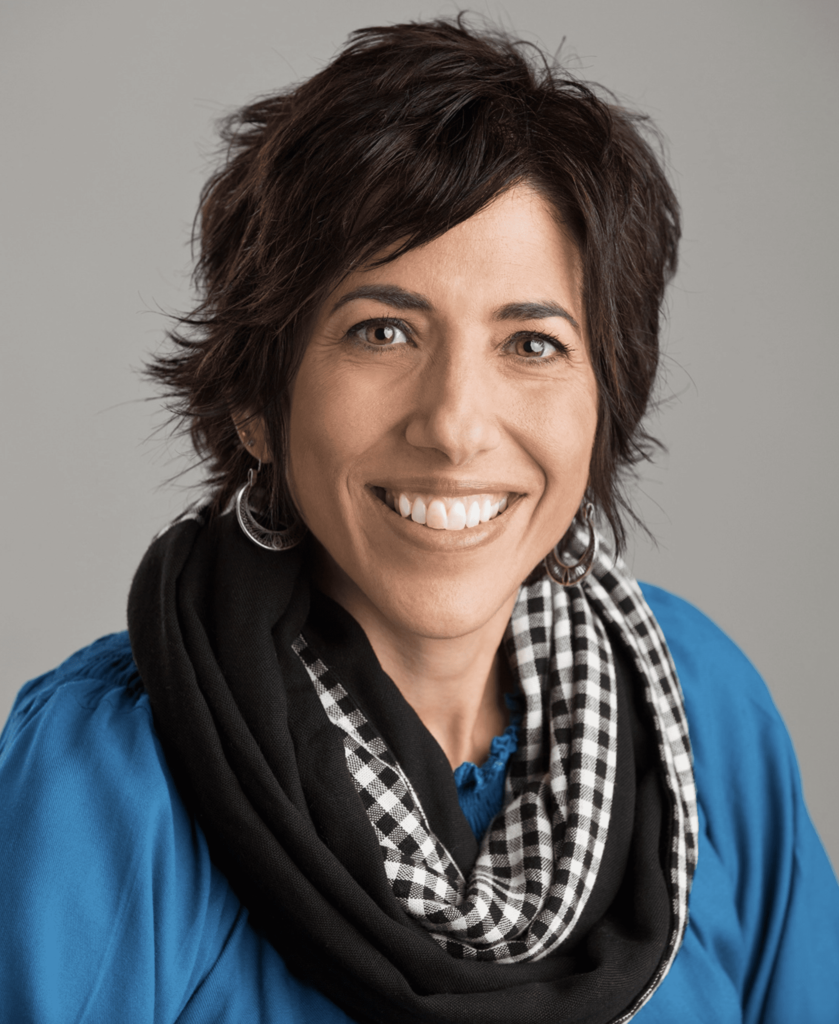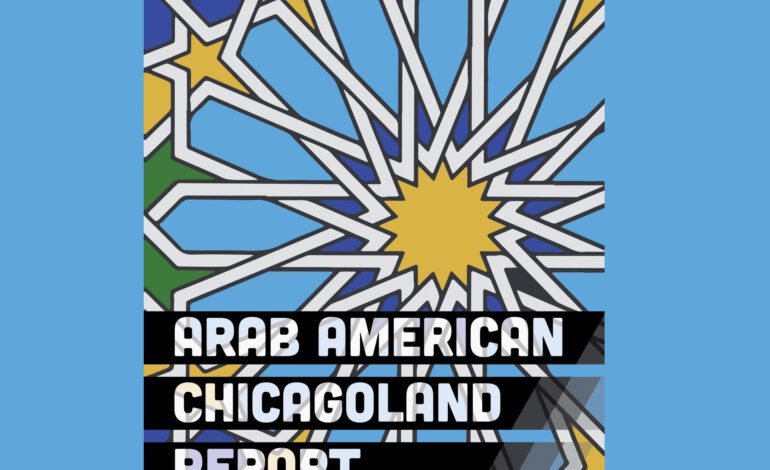According to U.S. Census data, more than 100,000 Arab Americans reside in the Chicago metropolitan area, representing about 90 percent of all Arab Americans in Illinois.
Many scholars and community leaders contend this is an undercount due to Arab Americans not having a racial category of their own on the Census. They note that this not only overlooks many racial and ethnic communities with distinct histories and cultures, but it also contributes to “Arab American invisibility” since the classification of Arab Americans as White/Caucasian in the Census leads to a lack of data about Arab Americans’ needs, the impact of racial discrimination on their life experiences and their access to resources.
“As a result, the realities of Arab American inequities become impossible to address,” said Nadine Naber, UIC professor of gender and women’s studies and global Asian studies.
Naber is the lead author of a new report from the Institute for Research on Race and Public Policy at the University of Illinois Chicago that aims to improve public understanding of this diverse populace and its current state of racial justice.
“Beyond Erasure and Profiling: Cultivating Strong and Vibrant Arab American Communities in Chicagoland” features demographic research, surveys, focus group data and nine expert commentaries by researchers and community leaders that analyze how systemic inequities and anti-Arab/anti-Muslim racism affect the lives of Arab Americans in employment, education, health care, housing and policing.
By detailing the challenges facing these communities and making proposals for change, the report serves as a valuable resource for advocates working to build strong and vibrant Arab American communities, Naber said.

Nadine Naber, UIC professor of global Asian, gender and women’s studies.
“While the problem of invisibility erases Arab Americans out of existence, hypervisibility paints all Arabs and Muslims as potential enemies of the U.S.,” she said. “We need to overcome both of these dynamics if Arab Americans are going to survive and thrive in Chicagoland.”
Among the key points, the researchers argue for the creation of a Middle Eastern/North African category of identity and documentation in all institutions and sectors of society that collect demographic data in Chicagoland and Illinois.
“A MENA category ensures that social institutions would not erase Arab American realities, needs and experiences by classifying them as White and would provide crucial data for advocates, policymakers and institutions to use in addressing the needs of Arab American communities,” the report states.
For insight into the perspectives, conditions and experiences of community members across the Chicago area, the researchers surveyed nearly 500 people and held 12 focus groups. Many respondents and participants delivered similar detailed instances of racial discrimination.
The everyday effects of anti-Arab/anti-Muslim racism hinders possibilities for civic participation among Arab Americans and limits their capacity to live with safety, dignity and belonging in Chicagoland, according to the researchers.
“Documenting and understanding Arab Americans as a diverse group with wide-ranging various histories, geographies and migration patterns is important to delivering social justice and not homogenizing and silencing the most vulnerable Arab Americans,” the researchers write.
Report co-authors from the UIC are Nicole Nguyen, Chris D. Poulos, Iván Arenas, Amanda E. Lewis, Nina Shoman-Dajani and Zeina Zaatari, in addition to Louise Cainkar of Marquette University and Nazek Sankari, a former research assistant at the Institute for Research on Race and Public Policy.
“Beyond Erasure and Profiling: Cultivating Strong and Vibrant Arab American Communities in Chicagoland” was produced in partnership with several community organizations, including the UIC’s Arab American Cultural Center, Arab American Action Network, Arab American Family Services, Middle Eastern Immigrant and Refugee Alliance, Sanad Social Services and the Syrian Community Network.
– The report was created with funding support from the John D. and Catherine T. MacArthur Foundation, the Field Foundation, the Kayal Fund, the UIC College of Education, the UIC’s Institute for Policy and Civic Engagement and the UIC Award for Creative Activity. It is the latest project in the Institute for Research on Race and Public Policy’s ongoing series that explores racial justice in Chicago.






Leave a Reply